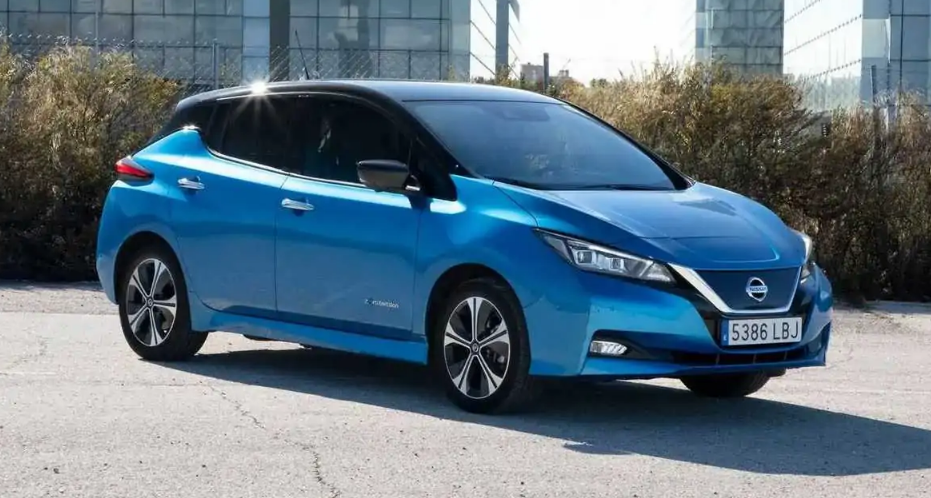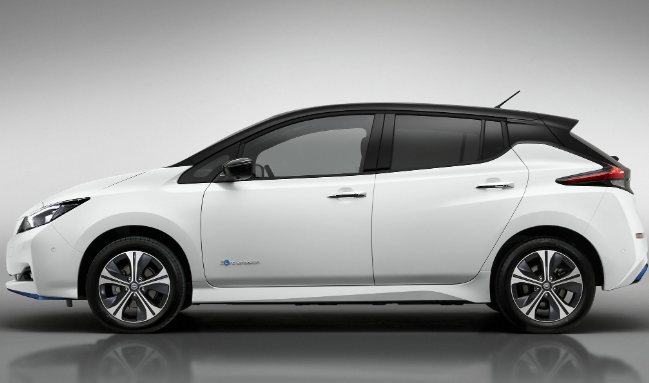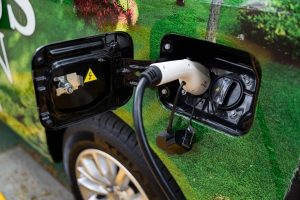
Nissan Hits One Million Electric Vehicles

Before the eyes of skeptics and risking large investments with innovative technology, Nissan launched its first electric vehicle on the market in December 2010. It was the LEAF model that, at that time, broke the barriers and limitations of urban mobility.
A few days ago, the Japanese manufacturer announced that it reached the remarkable figure of 1,000,000 electric cars, precisely led by the Leaf that exceeds 650,000 units and that in 2022 dethroned the Tesla Model 3.
In addition to bringing out Tesla’s jewel in the crown, the LEAF was also the first electric car to be produced and marketed globally. Initially only manufactured in Japan, this process was later also initiated in the United Kingdom and the United States, to meet local demand in all three markets.

Other Vehicles
In addition to the success of the Nissan LEAF, there are two models based on its compact van, the e-NV200 and e-NV200 Evalia, the commercial and passenger versions, respectively, with the same electric mechanics and batteries.
Currently, Nissan‘s electric car range, in addition to the LEAF, consists of the electric SUV Ariya and the Sakura utility car, which fits into the Japanese legislation for small urban cars (kei car).
Read also: BYD to Open New Electric Vehicle Plant in Brazil
The vehicle came to the market with some interesting attributes, but not enough to travel due to the existing weakness with the charging infrastructure.
Strategy and Presence in Latin America
In 2021, Nissan LEAF became the best-selling electric vehicle in the “Passenger and SUV” categories in Brazil, Argentina and Chile, which strengthened its presence in the region’s markets.
Following Nissan Intelligent Mobility‘s vision, through which the brand seeks to transform the way cars are driven, propelled and integrated into society, Nissan seeks an electrified future with zero emissions and zero accidents.
In addition to the development of new vehicles and technologies, the Japanese brand will continue to work with global partners in the innovation and development of the electric ecosystem around electric vehicles (EVs), encompassing renewable energy generation, energy storage, reuse of EV batteries and the continued development of the ‘4R’ business model – Reuse, Re-manufacture, Re-sell, Recycle, for the benefit of communities.





